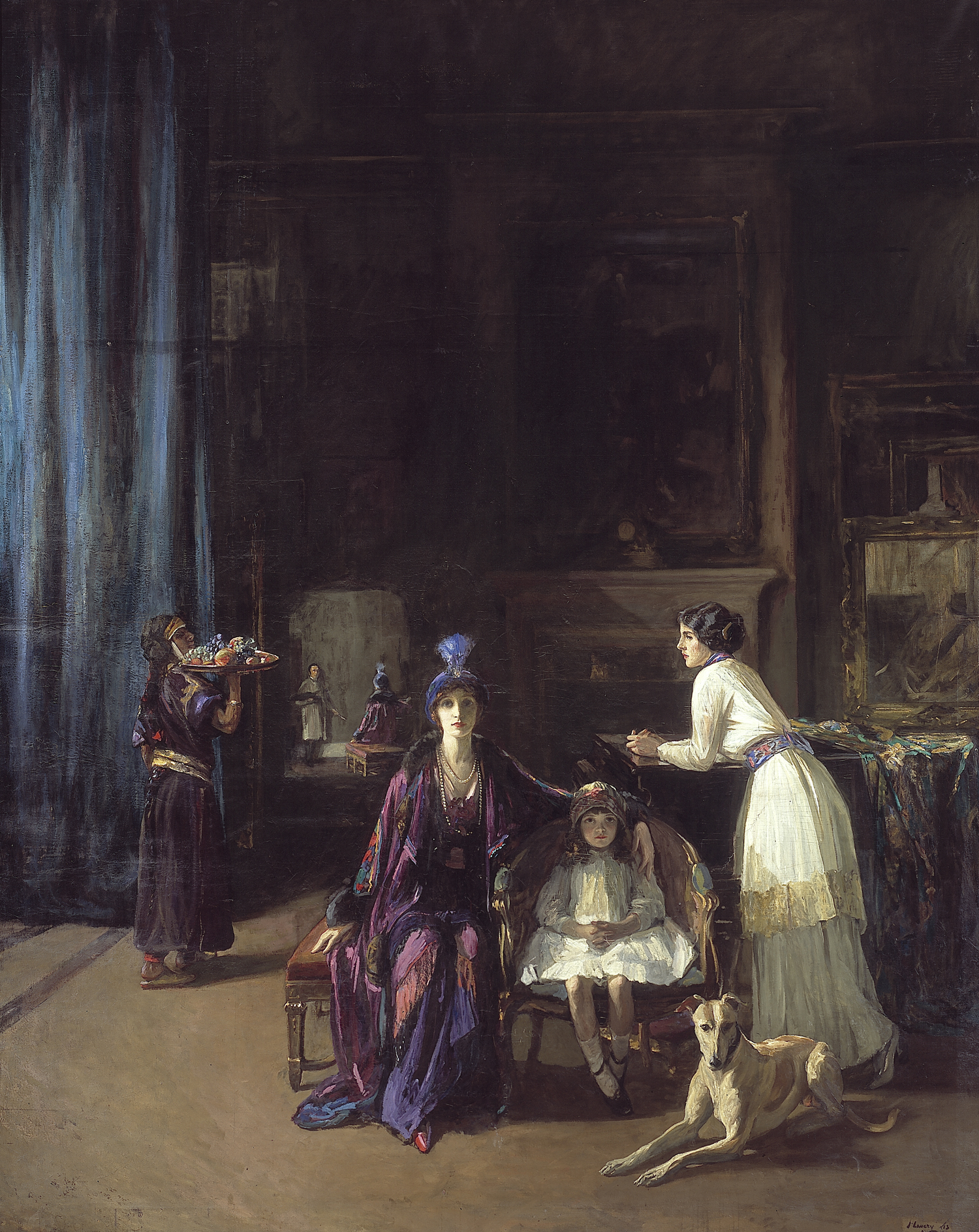The Art of Improvisation: How Creativity and Spontaneous Expression Can Transform Everyday Life

Understanding the Essence of Improvisation
Improvisation transcends mere entertainment; it’s an essential skill applicable in diverse aspects of life, encouraging creativity, spontaneity, and fearlessness. When we allow creativity to be unfiltered, we open ourselves to a world where the boundaries of possibility expand infinitely. This freedom can lead to profound experiences both personally and professionally.
Consider your daily environment. Every moment contains the possibility for spontaneous expression. Reflect on how adopting improv techniques can significantly enhance:
- Work Environments: In dynamic workplaces, where collaboration is key, improvisation can serve as a catalyst for innovative thinking. For example, during brainstorming sessions, encouraging team members to build on each other’s ideas without judgment can lead to unexpected solutions and breakthroughs. Companies like Google and Pixar nurture this spirit of improvisation within their teams, resulting in groundbreaking products and ideas.
- Social Interactions: Engaging in spontaneous conversations can lead to deeper connections with others. Think of how sharing jokes or even unscripted stories at a gathering can lighten the mood and foster a sense of camaraderie. By being present and open during interactions, we allow others to share their vulnerabilities, creating authentic relationships based on trust and understanding.
- Creative Arts: Artists of all forms—be it theater, music, or visual arts—use improvisation to push beyond traditional boundaries. Jazz musicians, for instance, often enter a state of flow, where they respond instinctively to the music being played, resulting in a captivating performance that evolves in real-time. This spontaneity not only enriches the art but also enhances the audience’s experience.
The allure of improvisation lies in its inherent ability to foster an exploratory mindset. When we embrace the unforeseen, we uncover fresh perspectives and novel solutions. This mindset can be developed through practice and a willingness to step out of one’s comfort zone. Engaging in games designed to enhance spontaneity, or simply saying “yes” to new experiences, can substantially cultivate this valuable skill.
This article aims to explore the framework of improvisation along with its transformative potential across various aspects of life. We will showcase real-world examples and provide effective strategies for nurturing an improvisational mindset.
Are you ready to see how creativity and the power of spontaneous expression can turn your everyday moments into extraordinary adventures? Join us in uncovering the art of improvisation and its potential to reshape your experiences, leading to a more fulfilling and vibrant life.

DISCOVER MORE: Click here to delve into gardening as art
The Power of an Improvisational Mindset
Understanding the improvisational mindset requires a deeper exploration of curiosity and the acceptance of uncertainty. This philosophical approach encourages individuals to tackle challenges from a perspective of growth rather than mere survival. In a society that often discourages deviation from the norm, embracing the principles of improvisation can be a transformative experience, promoting resilience and adaptability in various facets of life. The implications of this mindset extend far beyond artistic performance; they can enrich personal interactions, enhance professional environments, and inspire creativity in everyday life.
At the heart of improvisation is the ability to react spontaneously and think swiftly on one’s feet. This skill, while innate for some, can be cultivated through practice and intentionality. Here are some fundamental principles that serve as guiding lights on this journey:
- Accepting Mistakes: In the improvisational realm, errors are not to be dreaded; they are embraced as integral components of the creative process. For example, renowned improv comedian Mike Birbiglia often discusses how a slip-up on stage can lead to unexpected humor and connection with the audience. Viewing mistakes through this lens allows us to shed the rigidity of perfectionism and opens up possibilities for innovation and discovery.
- Listening and Responding: The art of improvisation hinges on effective communication, which is grounded in active listening. When participants attentively engage with one another, they create an environment where ideas can blossom naturally. In a professional setting, this could manifest in brainstorming sessions where team members build off each other’s suggestions, leading to more robust and creative solutions to problems.
- Staying Present: To succeed in improvisation, being grounded in the present moment is crucial. This presence sharpens our awareness and helps us seize fleeting opportunities for creativity. Techniques such as mindfulness meditation can enhance this ability, allowing individuals to connect more deeply with their environments and the people around them. For instance, a public speaker who practices mindfulness may find themselves more attuned to audience reactions, adjusting their delivery in real-time to foster engagement.
- Expanding Our Comfort Zones: One of the most effective ways to nurture an improvisational mindset is by stepping outside familiar territory. Engaging in activities like improv classes, creative writing workshops, or public speaking exercises can challenge traditional paradigms and stimulate confidence. A comedian taking a leap from stand-up to improvisation, for instance, often discovers new comedic styles and personal boundaries, enriching their overall craft.
By adopting this improvisational mindset, we empower ourselves to adeptly navigate life’s complexities, whether in building personal relationships, cultivating collaborative work environments, or enhancing creative expression. The strength of improvisation lies in its ability to turn mundane interactions into dynamic exchanges that encourage connection, empathy, and understanding.
In upcoming sections, we will explore specific applications of improvisation across diverse areas of life, offering actionable tips and techniques to help you harness the magic of spontaneity and creativity. Are you ready to challenge the status quo and redefine your daily experiences through the art of improvisation? Join us on this journey of discovery, and unlock the potential that comes with embracing the unexpected.
The Art of Improvisation: How Creativity and Spontaneous Expression Can Transform Everyday Life
As we delve deeper into the concept of improvisation, we uncover how this dynamic practice can breathe life into the mundane aspects of our daily routines. By embracing the unexpected and welcoming unscripted moments, individuals can harness creativity in ways they never imagined. Whether it’s through a spontaneous dance in the kitchen or an impromptu artistic endeavor, these bursts of creativity often lead to profound personal insights and joyous experiences.
Improvisation encourages individuals to step outside their comfort zones. It fosters a sense of freedom that can significantly enhance decision-making skills, allowing for more agile adaptations to life’s challenges. This ability to pivot and adjust not only enriches personal experiences but also cultivates resilience against stressors. In a world where conformity often reigns, the art of spontaneity offers an empowering pathway to authenticity.
| Advantages | Impact on Daily Life |
|---|---|
| Enhanced Creativity | Encourages innovative solutions and unique perspectives, making daily tasks more engaging. |
| Increased Adaptability | Helps individuals cope with change and uncertainty, transforming challenges into opportunities for growth. |
Through the lens of spontaneous expression, everyday life becomes a canvas for exploration. Each moment can be an invitation to create something new, and the act of improvisation becomes a means of reconnecting with our innate playfulness. From artistic pursuits to personal relationships, the ripple effect of embracing improvisation can lead to deeper connections and broader horizons in one’s life.
As we continue this journey into the heart of improvisation, let’s explore further how to incorporate these dynamic principles into various aspects of life, transforming our daily experiences with creativity and spontaneity.
DISCOVER MORE: Click here to learn how art can transform lives
Unlocking Creativity Through Everyday Improvisation
The transformational power of improvisation extends far beyond the performing arts and enters the realm of our daily lives. Embracing an improvisational approach not only fosters creativity but also equips individuals with vital skills applicable in personal and professional circumstances. From developing superior problem-solving abilities to enhancing communication skills, the essence of improvisation is about liberating oneself from routine and engaging actively with the world.
To understand how improvisation can truly deepen our creativity, it’s essential to examine how it influences key aspects of life, such as relationships, work, and self-expression:
- Enhancing Relationships: One of the most profound applications of improvisation occurs in our interpersonal connections. Engaging with others in a spontaneous manner cultivates a sense of trust and openness. For instance, families that adopt a playful approach—such as incorporating game nights or improvisational storytelling—notice improved communication and empathy levels among members. These shared moments of play create bonds that transcend typical conversation, opening gateways for honest sharing and understanding.
- Revolutionizing Work Environments: In professional settings, the principles of improvisation can lead to breakthrough innovations. Companies that encourage an improvisational culture see enhanced collaboration, adaptability, and creativity among teams. Google, for instance, has implemented “20% time,” encouraging employees to dedicate a portion of their workweek to projects they are passionate about, spurring innovative ideas and unexpected solutions. By allowing individuals the freedom to explore their interests, organizations can harness a rich pool of creativity that results in improved products and services.
- Boosting Emotional Intelligence: At its core, improvisation is about being present and attuned to one’s surroundings, which can greatly enhance emotional intelligence. The ability to read social cues and respond appropriately fosters more meaningful interactions. Workshops focusing on skills like improv can improve one’s emotional repertoire by creating safe spaces for exploring emotions and reactions. Participants often walk away with greater self-awareness and the ability to navigate complex social situations with ease.
- Encouraging Continued Learning: A fundamental aspect of improvisation lies in the understanding that learning is a continuous journey. By practicing improvisational techniques, individuals often find themselves developing a growth-oriented mindset that values experimentation over flawless execution. This attitude can transform daily challenges into opportunities for learning and discovery. For example, someone new to cooking can approach the kitchen as an improvisational lab, teaching themselves through experimentation rather than strict adherence to recipes, allowing for culinary creativity to flourish.
Embracing improvisation not only heightens creativity but also enriches our experiences, making our daily lives more engaging and meaningful. Each opportunity for spontaneous decision-making and creative thinking acts as a stepping stone toward unlocking one’s full potential. The beauty of this process lies in its accessibility; anyone can incorporate improvisational techniques into their life, regardless of skill or background. With every new challenge faced through the lens of improvisation, individuals cultivate resilience, flexibility, and a richer, more vibrant existence.
In the following sections, we will delve further into practical applications of improvisation across various life domains. Expect to discover actionable strategies that can elevate your experiences, from enhancing social gatherings to transforming mundane tasks into creative endeavors. The art of improvisation awaits—are you ready to embrace this dynamic journey?
DISCOVER MORE: Click here to dive into landscape photography
Conclusion: The Transformative Power of Improvisation
As we reflect on the profound impact of improvisation in our lives, it becomes clear that the art of spontaneous expression is far more than just a tool for artistic endeavors; it is a vital element for enriching our daily experiences. By embracing improvisation, we unlock a wellspring of creativity that transcends boundaries—infusing our interactions, workspaces, and personal growth with a fresh perspective. The ability to adapt, innovate, and respond with authenticity enhances our relationships, fostering deeper connections through trust and shared spontaneity.
In the workplace, this same spirit of improvisation drives collaboration and innovative thinking, demonstrating that allowing for freedom of thought cultivates a culture ripe for breakthroughs. Additionally, developing our emotional intelligence via the principles of improvisation equips us with invaluable skills to navigate an increasingly complex world, resulting in more fulfilling interactions and enriched personal journeys.
The importance of continual learning cannot be overstated. By embracing an improvisational mindset, we learn to view life’s challenges as opportunities rather than obstacles, encouraging resilience and adaptability. As you consider your own path, remember that the journey toward creative expression through improvisation is accessible to everyone. The invitation to unleash your potential, whether in conversations, professional projects, or personal growth endeavors, is always present.
So, are you ready to take that leap into the unknown? Begin exploring the art of improvisation today, and watch as creativity transforms your everyday life into a vibrant tapestry of new possibilities.


